Inside Florida’s Prison System
Florida’s incarceration rates are eye-popping! At 795 per 100,000 residents, it’s no joke. This means Florida’s justice system holds more people than many countries. Yikes! What’s driving this mass incarceration? Many point to the state’s criminal justice system policies that pack prisons tighter than a sardine can. But it’s not just numbers. Racial disparities scream injustice, with Black individuals disproportionately affected. Yet, there’s hope. The Florida Prison Education initiative, part of the Prison Journalism Project, offers a lifeline. It provides high-quality undergraduate education to inmates, aiding reintegration. The ACLU of Florida also tackles pressing challenges like unfair bail systems and sentencing practices. Join us as we explore these complex issues further.
Understanding Florida’s Incarceration Rates
Examining Florida’s incarceration situation reveals a complex web of issues. With Florida mass incarceration leading globally, the state’s policies create a cycle of overcrowding and high turnover. The impact of this high rate extends beyond those behind bars, affecting countless families and communities.
A significant contributor is the racial bias in sentencing patterns, where Black individuals are overrepresented. This imbalance reflects systemic issues within the justice system. The Prison Journalism Project brings these stories to light, advocating for change.
On a brighter note, initiatives like the Florida Prison Education program strive to offer inmates a second chance. Education becomes a beacon of hope, reducing recidivism by fostering skills and opportunities. Meanwhile, the ACLU of Florida tackles challenges like unfair bail systems. Addressing these issues is crucial to fostering a fair and equitable justice system in Florida.
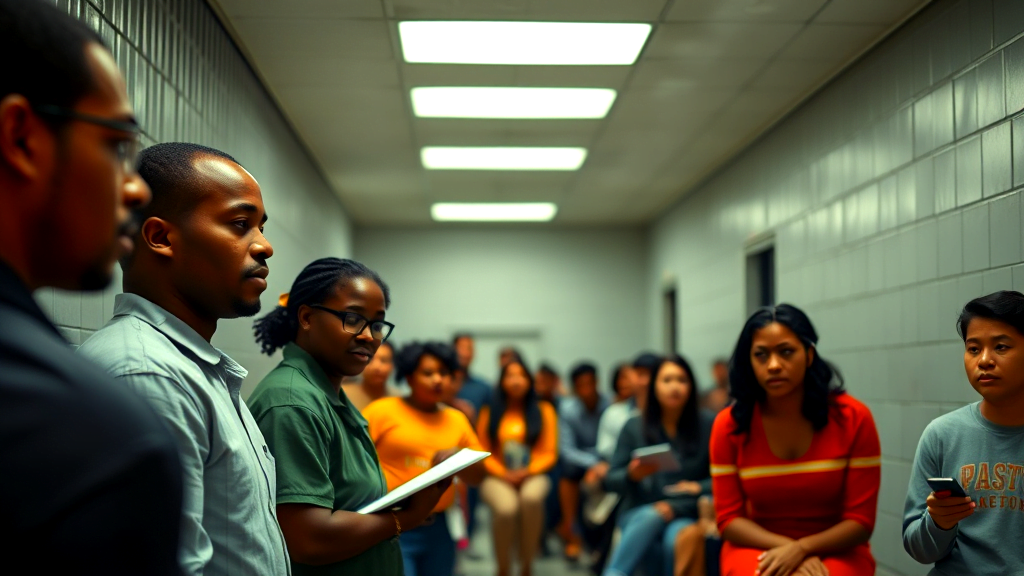
Racial Bias and Sentencing Patterns in Florida
Racial disparities in Florida’s sentencing practices are like a bad movie you’ve seen too many times. Black individuals make up a shocking 46% of the incarcerated population, despite being just 16% of the total. These numbers highlight a deep-rooted bias within the system. The effects ripple through communities, perpetuating cycles of poverty and inequality.
The state’s approach to mass incarceration adds fuel to the fire, with policies that seem stuck in a loop. Florida Massincarceration ranks among the harshest worldwide, affecting not just those locked up but entire families. The Prison Journalism Project shines a light on these issues, pushing for necessary reforms.
Efforts like the Prison Education Project bring a glimmer of hope. By providing skills and education, they aim to break this cycle. For anyone interested in broader global incarceration trends, Prison Policy Initiative’s report offers insightful statistics.
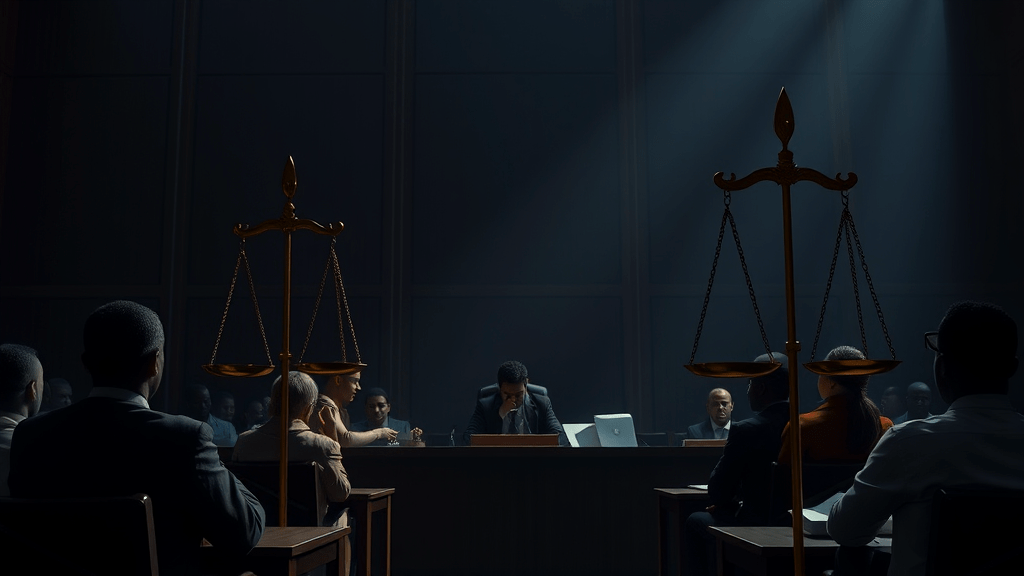
The Role of Florida Prison Education
The impact of education programs within Florida prisons is as vibrant as ever. One might think of these as a lifeline in the turbulent sea of Florida Massincarceration. The University of Central Florida’s initiative is a beacon, helping inmates gain skills and knowledge. Their goal? To reduce the revolving door effect, giving folks a fair shot once they’re out.
Imagine the difference it makes when someone leaves with more than just the clothes on their back. The Prison Education Project is not just about learning but about creating opportunities. It’s like planting a seed in rocky soil, knowing a tree might one day grow.
Such efforts are pivotal in shifting gears within the broader criminal justice system, which often seems stuck in its ways. Change is slow but possible. The efforts of groups like the ACLU of Florida are essential to this transformation.
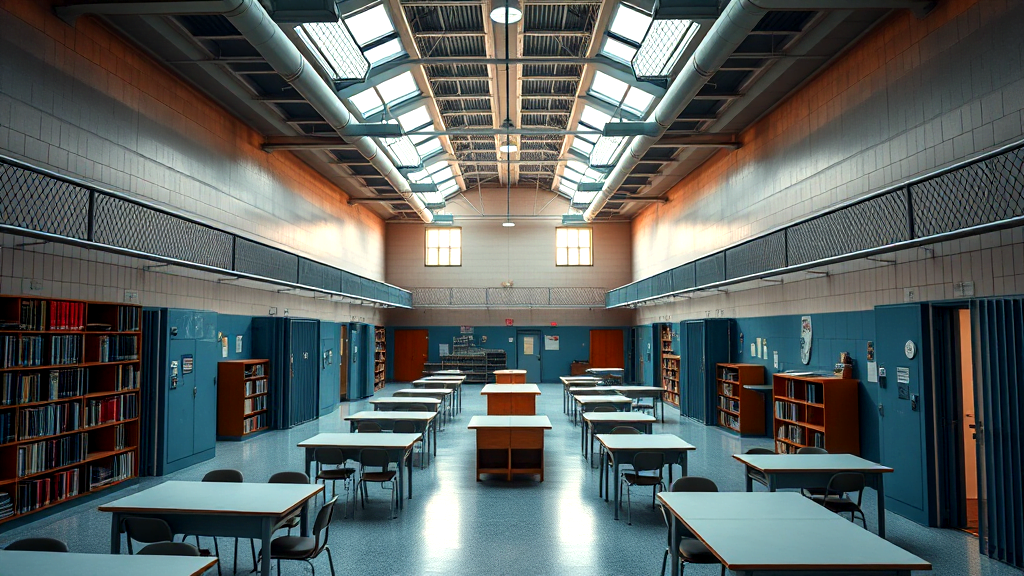
Healthcare Challenges in Florida’s Correctional Facilities
Addressing healthcare issues in Florida’s prisons feels like trying to patch a leaky boat. The Florida Massincarceration crisis ensures this boat is always full. With high incarceration rates, the pressure on prison healthcare facilities is immense. Many inmates suffer from untreated mental illnesses and chronic diseases, leaving them vulnerable.
The system often lacks basic resources, creating a vicious cycle of subpar care. It’s like trying to treat a cold with a band-aid. High rates of HIV further complicate the situation, demanding special attention and resources.
Efforts by organizations like the Prison Journalism Project aim to spotlight these challenges. They advocate for better conditions and reforms. Yet, change in the criminal justice system is like steering a massive ship; slow and cumbersome. The ACLU of Florida continues to push for actionable solutions.
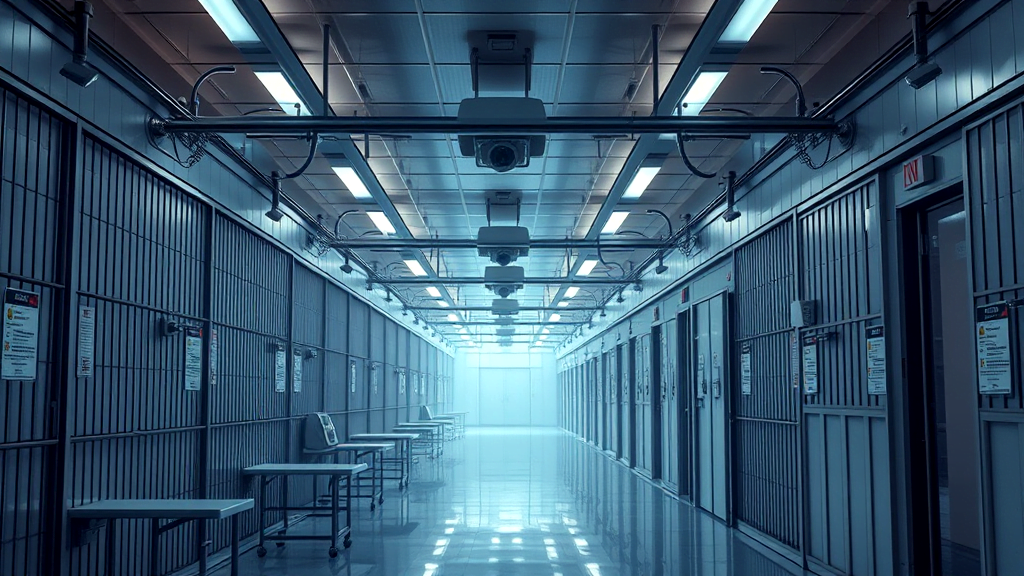
Three Challenges Facing the ACLU of Florida
Confronting the hurdles faced by the ACLU of Florida requires navigating a complex terrain. The Florida Massincarceration issue complicates matters further, as the cash bail system unfairly detains low-income individuals. It’s like a trap that catches those unable to escape its financial grip. Another hurdle is the statutory “cap on gain time.” This rule limits rehabilitation credits, which can discourage inmates from seeking personal growth.
Next, driver’s license suspensions for non-driving offenses create a cycle of hardship, particularly for communities of color. These suspensions can lead to lost jobs and increased recidivism, perpetuating economic struggles. The ACLU of Florida’s efforts are like trying to climb a mountain in flip-flops. It’s tough, but not impossible. For example, ongoing discussions at events like Realizing Release emphasize parole advocacy, shedding light on potential paths to reform.
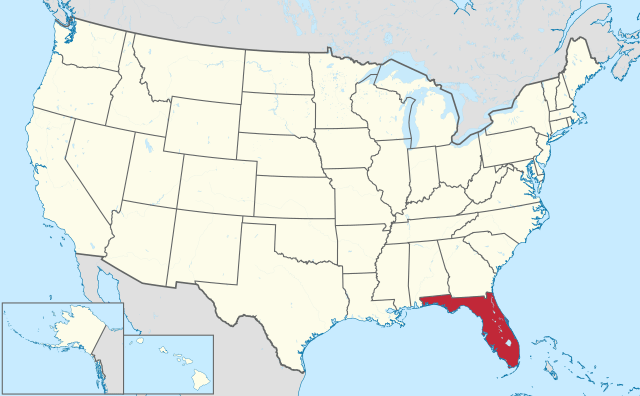
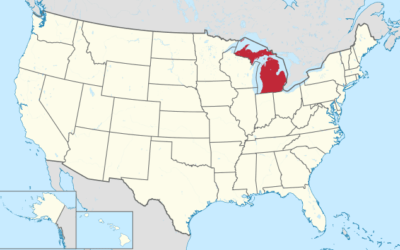
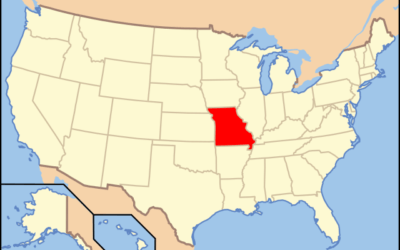
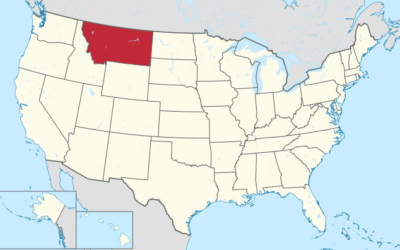
0 Comments